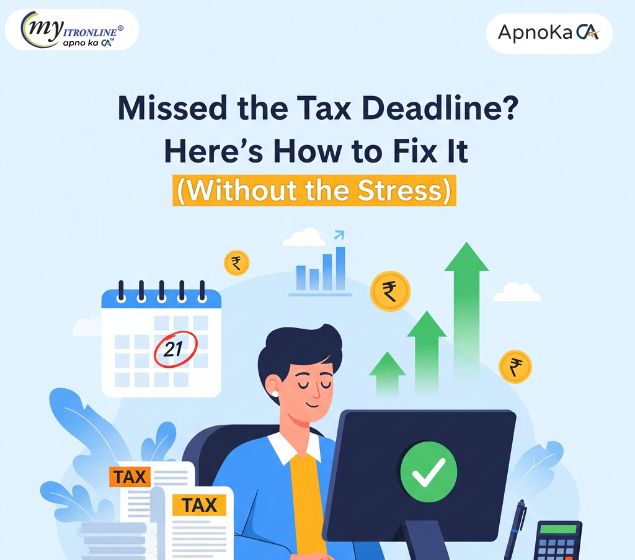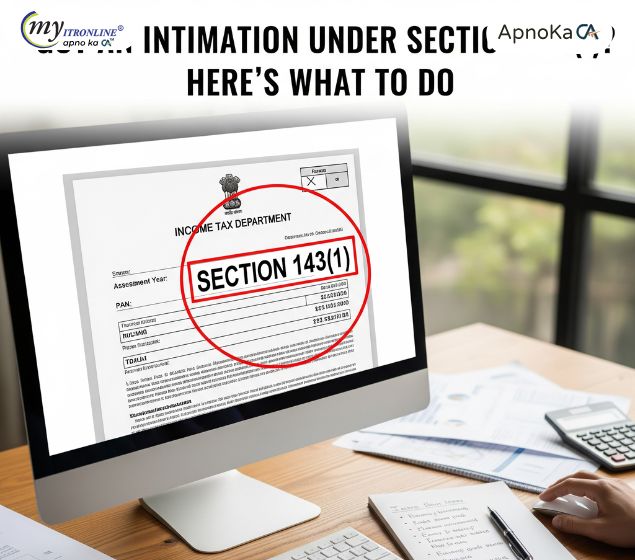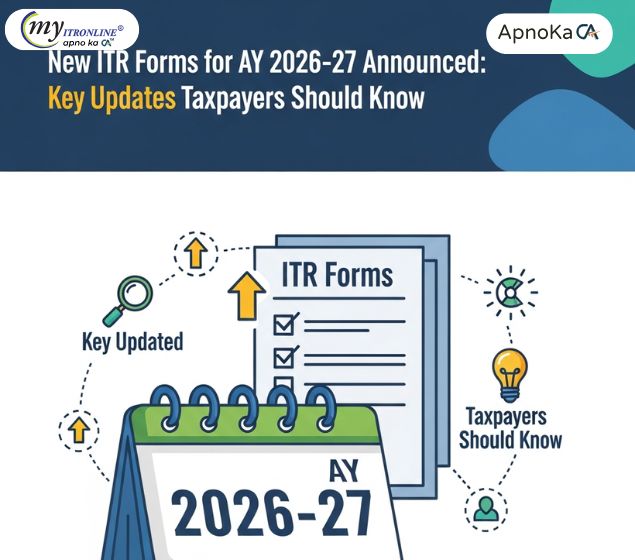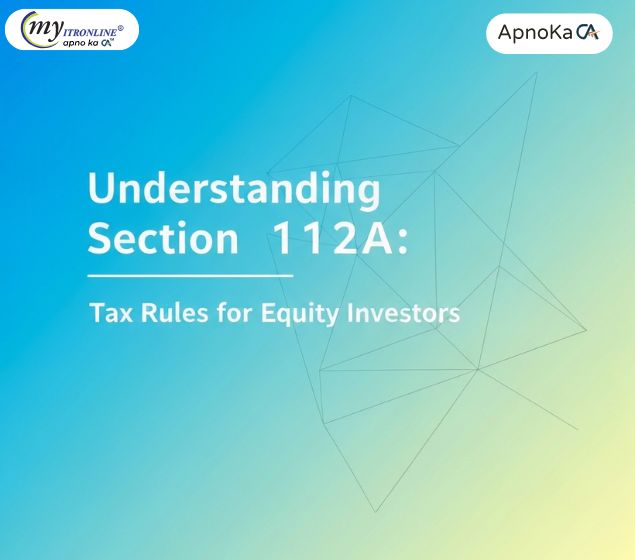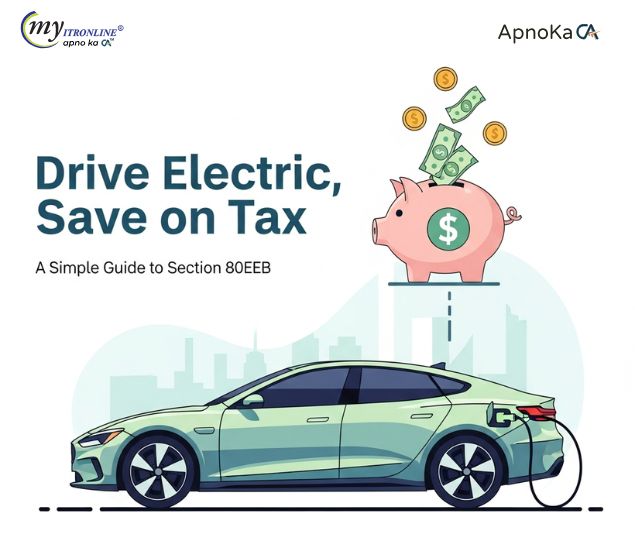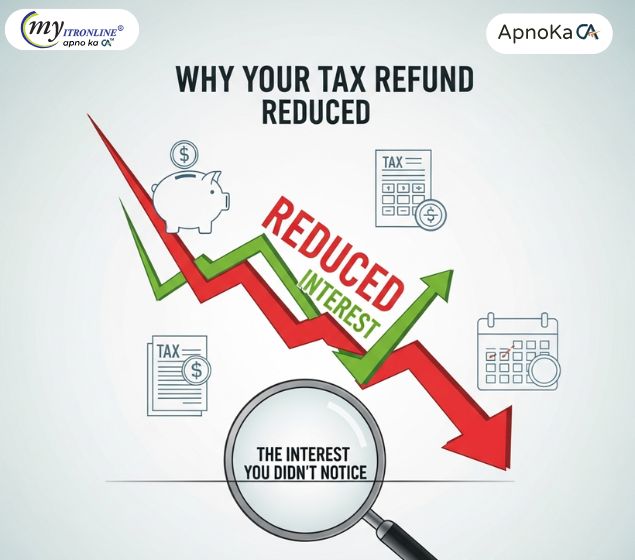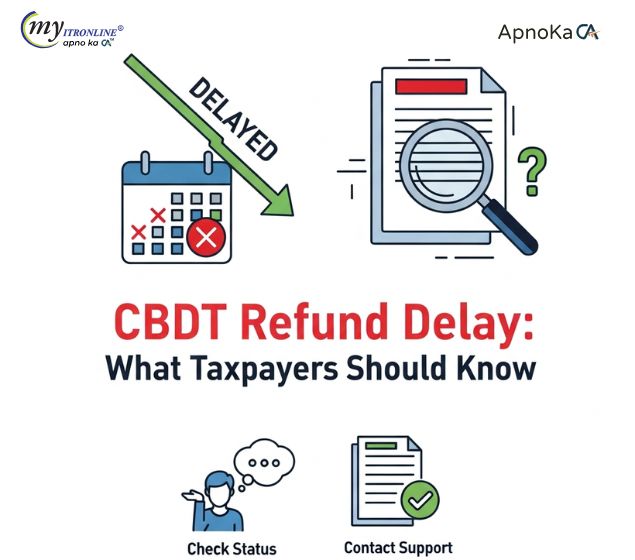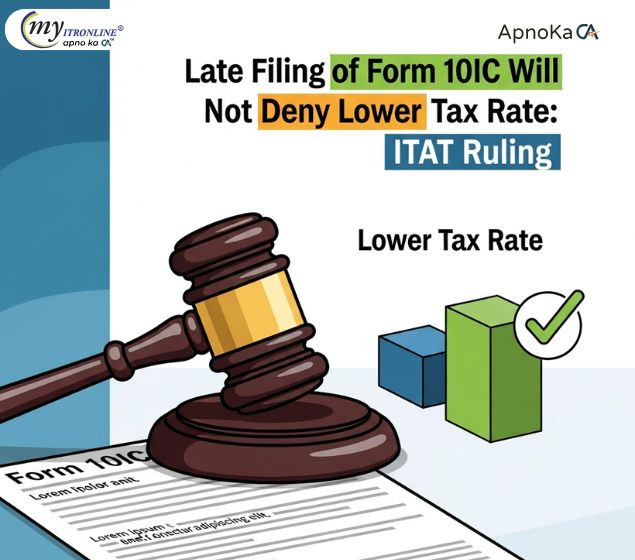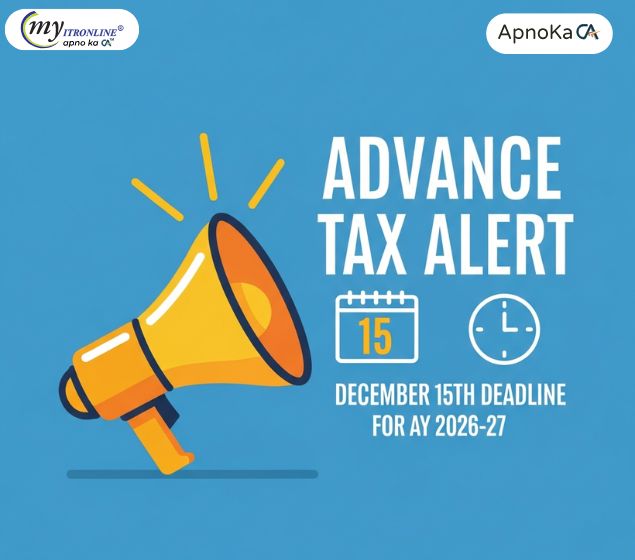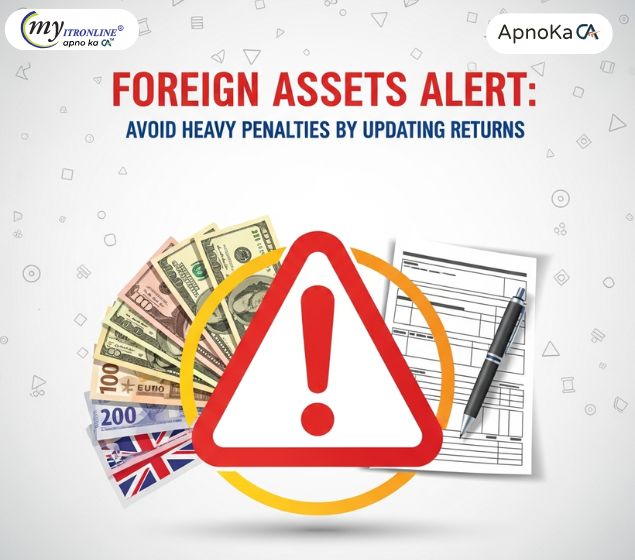Comprehensive Guide to Paying Zero Tax on 12 Lakh Annual Salary
This blog provides a step-by-step strategy for persons earning 12 lakh annually to legally pay zero income tax. It investigates significant deductions and exemptions under several parts of the Income Tax Act, such as parts 80C, 80D, HRA, and NPS, and provides practical examples to aid comprehension.
.jpg )
Introduction
For salaried individuals, tax planning is critical to financial management. Many people feel that earning a greater salary automatically results in paying higher taxes. However, India's tax structure includes various deductions and exemptions that can drastically lower taxable income. Effective tax planning might result in a 0% tax payment for those earning up to ₹12 lakh per year. Here's a step-by-step guide to doing it legally.
1. Understanding Tax Slabs
Individuals in India have two tax systems to select from:
- Old Tax Regime: Provided several discounts and exemptions.
- New Tax Regime: Lower tax rates with fewer deductions.
Individuals earning ₹12 lakh annually benefit from the old regime's various deductions available.
2. Maximizing Deductions Under Section 80C
Section 80C permits deductions of up to ₹1.5 lakh for investments and expenses. Some prominent alternatives are:
- Employee Provident Fund (EPF): Mandatory deductions from your salary.
- Public Provident Fund (PPF): A long-term savings plan with tax-free interest.
- National Savings Certificates (NSCs): Fixed-income investments that save taxes.
- Equity-Linked Savings Scheme (ELSS): Mutual funds that save taxes and earn market-linked profits.
- Tuition Fees: Payments for up to two children.
3. Use Section 80D to Reduce Taxable Income
Section 80D allows deductions for health insurance premiums:
- ₹25,000 for yourself, spouse, and children.
- Additional ₹25,000 for parents under 60 years (₹50,000 for those above 60).
Insuring your family and senior citizen parents can result in a ₹75,000 reduction.
4. Exemptions for House Rent Allowance (HRA)
If you live in rental housing, the HRA exemption can dramatically lower your taxable income. The exemption is determined according to the following:
- Actual HRA received.
- Metro cities pay 50% of their salaries, whereas non-metro cities pay 40%.
- Rent paid less 10% of base wage.
5. Interest on the Home Loan (Section 24)
Owning a property can help you save on taxes. Section 24 permits a deduction of up to ₹2 lakh for interest paid on a self-occupied home property.
6. Savings Under the National Pension Scheme (NPS)
The NPS offers an additional ₹50,000 deduction under Section 80CCD(1B). This is beyond the ₹1.5 lakh limit under Section 80C.
7. Standard Deduction for Salaried Individuals
Salaried employees are entitled to a flat deduction of ₹50,000, regardless of actual expenses.
8. Claim LTA and Other Allowances
Leave Travel Allowance (LTA) can be used to cover travel expenditures inside India. Meal coupons, literature, and device allowances can all be utilized to minimize taxable income.
9. Tax-Free Allowances & Benefits
- Mobile and internet bill reimbursement.
- The monthly education allowance is ₹100 per child.
- Disabled individuals receive a monthly transport allowance of ₹3,200.
10. Use Tax-Free Investments
- Sukanya Samriddhi Yojana (SSY): A savings program for girl children.
- Tax-Free Bonds: Issued by government bodies.
Final Calculation
A salaried individual earning ₹12 lakh can achieve zero taxable income by following these steps:
| Income/Deduction Head | Amount (₹) |
|---|---|
| Gross Salary | 12,00,000 |
| Standard Deduction | -50,000 |
| Section 80C Deductions | -1,50,000 |
| Section 80D (Health Insurance) | -75,000 |
| Home Loan Interest (Section 24) | -2,00,000 |
| NPS (Section 80CCD(1B)) | -50,000 |
| HRA Exemption | -1,50,000 |
| Total Taxable Income | 5,25,000 |
After applying rebates under Section 87A (₹12,500 for taxable incomes up to ₹7 lakh under the previous regime), the net tax payable is nil.
Conclusion
By leveraging these deductions and exemptions, salaried individuals can significantly reduce their taxable income, even to zero in some cases. However, effective tax planning requires early preparation and strategic financial decisions. Consult a qualified tax advisor to ensure compliance and maximize your savings.
FILING YOUR INCOME TAX RETURN F.Y 2024-25 (A.Y. 2025-2026) WITH MYITRONLINE
The income tax filing deadline is right around the corner. If you haven’t filed yet, do it today with Myitronline! Avoid last minute rush and file your tax return today on MYITRONLINE in Just 5 mins.(www.myitronline.com)
If you are looking for eCA assistance to file your income tax return/ GST, you can opt for MYITRONLINE eCA assisted plan starting
Upload Salary Individual Form-16
If you have any questions with filing your tax return, please reply to this mail. info@myitronline.com OR call 9971055886,8130309886.
Note-All the aforementioned information in the article is taken from authentic resources and has been published after moderation. Any change in the information other than fact must be believed as a human error. For queries mail us at marketing@myitronline.com
Krishna Gopal Varshney
An editor at apnokacaKrishna Gopal Varshney, Founder & CEO of Myitronline Global Services Private Limited at Delhi. A dedicated and tireless Expert Service Provider for the clients seeking tax filing assistance and all other essential requirements associated with Business/Professional establishment. Connect to us and let us give the Best Support to make you a Success. Visit our website for latest Business News and IT Updates.
Leave a reply
Your email address will not be published. Required fields are marked *Share this article
Krishna Gopal Varshney, Founder & CEO of Myitronline Global Services Private Limited at Delhi. A dedicated and tireless Expert Service Provider for the clients seeking tax filing assistance and all other essential requirements associated with Business/Professional establishment. Connect to us and let us give the Best Support to make you a Success. Visit our website for latest Business News and IT Updates.
View articles











